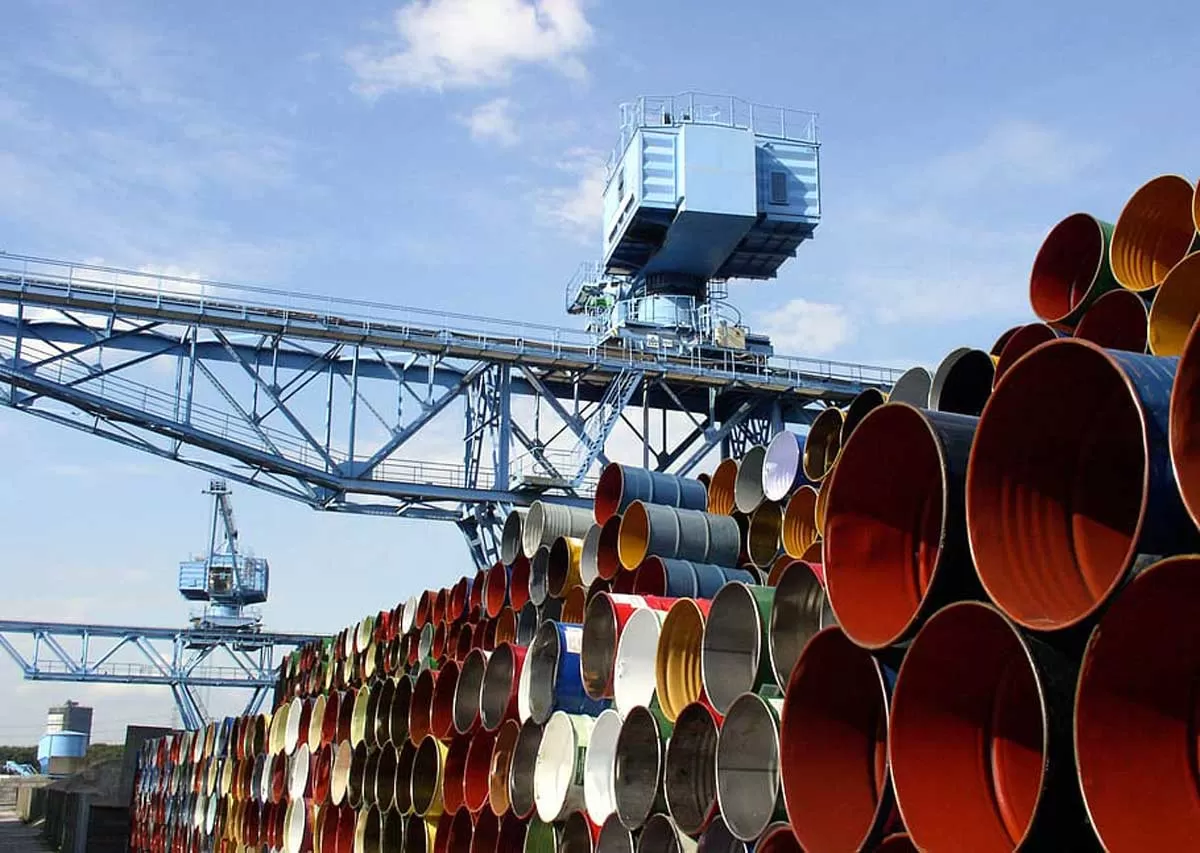First Gen Corporation, a major energy player in the Philippines, is actively seeking a cargo of liquefied natural gas (LNG) for delivery in October 2024. This procurement is part of the company?s strategy to secure a stable energy supply amidst rising demand and to ensure energy security as the country transitions towards cleaner energy sources.
Background on First Gen: First Gen Corporation is a leading energy company in the Philippines, with a significant focus on natural gas, renewable energy, and other clean energy solutions. The company's LNG strategy is pivotal to supporting the Philippines' energy transition and reducing reliance on coal and other fossil fuels.
LNG Procurement for October: First Gen is in the market for LNG cargo, specifically for delivery in October 2024. The company's request underscores the ongoing need for reliable LNG supplies to meet the country's growing energy demands. This purchase is crucial as it aligns with the operational needs of its gas-fired power plants, which are central to the country's energy grid.
Energy Demand and Supply Dynamics: The Philippines has seen a steady rise in energy demand, driven by economic growth, urbanization, and industrial activities. LNG has become a critical component of the country's energy mix, providing a cleaner alternative to coal and complementing the renewable energy sector. By securing LNG cargo for October, First Gen aims to ensure uninterrupted power generation and address any potential supply shortfalls.
Strategic Importance of LNG: As the Philippines continues to phase out coal and transition to greener energy sources, LNG plays a strategic role in bridging the gap between traditional fossil fuels and renewable energy. LNG is considered a relatively cleaner fossil fuel, and its role in the energy mix is crucial for maintaining energy security and stability, especially during periods of high demand.
Southeast Asia?s LNG Market: The LNG market in Southeast Asia is becoming increasingly competitive, with countries like the Philippines looking to secure reliable and cost-effective supplies. The region?s growing energy needs, coupled with fluctuating global LNG prices, make timely procurement essential. First Gen's move to secure an October delivery reflects the dynamic nature of the market and the need for strategic planning.
Impact on Energy Security: Securing this LNG cargo is vital for the Philippines' energy security. It ensures that the country has adequate resources to meet its energy needs, particularly during peak demand periods. The availability of LNG will help mitigate risks associated with supply disruptions and price volatility in the global energy markets.
Environmental Considerations: While LNG is a fossil fuel, it is seen as a transitional energy source that can help reduce greenhouse gas emissions compared to coal. First Gen's focus on LNG is part of a broader strategy to support the Philippines' climate goals while maintaining energy reliability.
Future Outlook: The procurement of LNG by First Gen is likely to be part of a broader trend in the Philippines and the region, where energy companies increasingly turn to LNG to meet their needs. As the global energy landscape evolves, with growing emphasis on sustainability and energy security, LNG is expected to play a crucial role in the energy strategies of Southeast Asian nations.
Conclusion: First Gen's search for an LNG cargo for October delivery highlights the ongoing importance of LNG in the Philippines' energy landscape. The company's proactive approach ensures that it can meet the country's energy demands while supporting its transition to cleaner energy sources. As the energy market in Southeast Asia continues to evolve, strategic LNG procurements will remain essential for maintaining energy security and supporting economic growth.
This move reinforces First Gen's commitment to providing reliable and sustainable energy solutions, positioning the company as a key player in the region's energy sector.




















